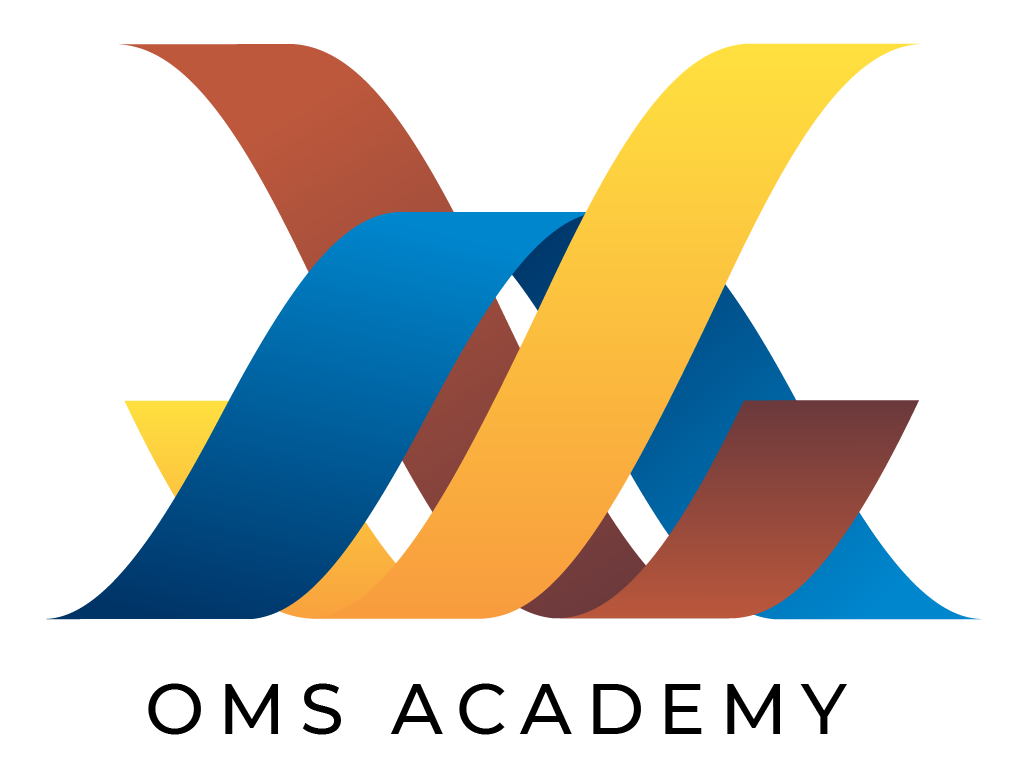Academy offers many free courses in which you can enroll and learn concepts of the refinery offsite operations. These free courses will give you an idea of the technical contents of our 200+ topics, the delivery format of audio-video-subtitled and progressive mode. Each free course represents the structure of all our programs in the academy. Please review the short video here to learn more about free courses.

Other Pages
- About Academy
- About Curriculum
- About Us
- Academy Login
- Academy Management
- Academy News
- Academy Welcome
- Account
- Add Banner Template
- Add Final Course Quiz in 1104
- Add H5P in 1101
- Add hashtag in Blogs
- Add Image to Blog
- Add Quiz Shortcode in Topic
- Add test quizzes in 1105
- Add Topic Quiz in 1103
- Add Video in 1102
- Advanced Courses
- Affiliate Area
- Affiliate Area
- Affiliate Export
- Affiliate Frontend
- Affiliate Frontend Management
- Affiliate Login
- Affiliate Management
- Affiliate Registration
- All Courses
- All Vimeo Videos
- Assign Category to Question
- Assign Featured Image
- Assign License Subscription Product
- Assignment Management Page
- Basic Plan
- Blogs
- Blogs
- Blogs Comments
- Cart
- CC Table
- Change Product Type
- Checkout
- Checkout
- Checkout
- Communication preferences
- Consult Request
- Consult Request
- Contact
- Content restricted
- Convert PDF to Image
- ConvertTextTo HTML
- Corporate Enterprise CNE Plan
- Corporate Team CNE Plan
- Corporate Unlimited CNE Plan
- Corporation Signup
- Course Builder Settings
- Course Catalog
- Course Thank You
- Create blank H5P
- Create Bundled Course
- Create Course Quiz
- Create Custom H5P content
- Create Quiz PDF
- Create Topic Quiz
- Custom Curriculum
- Custom-Curriculum-Bundle
- Development Team
- Download
- DWQA Ask Question
- DWQA Questions
- Economics of eLearning
- Ecopetrol Poc
- Ecopetrol POC
- eLearn
- Email Confirmation
- Engineer Expert
- Engineer Expert Curriculum
- Engineer Professional
- Engineer Professional Curriculum
- Engineer Trainee
- Engineer Trainee Curriculum
- Enterprise CNE Plan
- Enterprise Plan
- Essay Management Page
- Executive Primer
- Executives’ Primer Curriculum
- FAQ
- Forum
- Free ASTM Manual
- Free Courses
- Free eBook
- Free Learn
- Get CM Reviews
- Gift Card $100
- Gift Card $1000
- Global Course Settings
- Group Management
- Group Management Buy Courses
- Group Management Report
- Group Progress Report
- Group Quiz Report
- Home
- Individual Expert CNE Plan
- Individual Flexible CNE Plan
- Individual Professional CNE Plan
- LD Courses
- LD Profile
- Learning Modes
- Lengths and Run-Time
- Live Learn
- LMS Workshop
- Login Page
- LP-01-MCOR-M-Template
- LP-02-MCOR-C-Template
- LP-03-MCOR-O-Template
- LP-04-MCOR-R-Template
- LP-05-One Day Course Template
- LP-06-MCOR-C-3 Days Public Course-Houston
- LP-07-MCOR-C-3 Days Public Course-Dubai
- Maintenance
- Maintenance Page
- Manage Consult Block
- Manage Consults
- Management Team
- Manager Primer
- Manager’s Primer Curriculum
- Manuals
- MCOR Courses
- Merge Course PDF
- Monthly Series
- Monthly Series Coupon
- My account
- My LD enrolled courses
- My Transcript
- New Vision
- Newsletter Campaigns
- NewsLetters
- OEA601PPC-Advanced Fuel Blending Control and Optimization System
- OMS – Open House – IIT, Chicago
- OMS – Open House – Sample Page
- Online Streaming
- Onsite Courses
- Open House
- Order Confirmation
- Order Failed
- Our Course Director
- Our Curriculum
- Our Curriculum at A Glance
- Our Mission and Vision
- Our Newsletter
- Our Team
- Our Team
- Our Team
- Overview Video
- Past Contributors
- Plugin List
- POC-1 EN
- POC-1 SP
- POC-2 EN
- POC-2 SP
- Price Options and Cancellation Policy
- Privacy Policy
- Process of eLearning
- Progressive Learning
- Promotions
- Public Course
- Public Course Email Cron
- Public Registration
- Refresher Course
- Resources
- Review Questions
- Sample Page
- Shop
- Sign Up Form
- Sign Up Form
- SignUp GIF Test
- Software
- Strategic Alliance
- Strategic Alliance Details
- Structured Courses
- Support
- Sync Images
- Template Logout
- Terms and Conditions
- test
- Test OEA401T-H5P Interactive Video
- Testimonial
- Testimonial Form
- Testimonials
- Thank You
- Trial Access
- Tribute to Co-Founder
- Tutorials
- Update CMTP description
- Update Course Data
- Update Ebook Config file
- Update Focus Keywords
- Update Product Data
- Update Single Topic Courses
- Update Survey Settings
- Update Topic Data
- Update Woocommerce Sale Price
- User Dashboard
- User Feedbacks
- User Management By Admin
- View LMS Workshop
- View Webinar
- Vimeo Data
- Vision
- Webinar Links
- Webinar New
- Webinar Registration
- Webinars
- Welcome to OMS Academy for the Downstream Refining Operations
- Welcome to OMS eLearning Academy
- What vs. Who Matrix
- What, Why and Who
- White Paper
- Who Should Take What Course
- Why Should One Take It?
- Update Quiz Settings
- Get Custom Links
- Woocommerce Price Update
- Vimeo Data Cron
- Get Media
- OEA301T-Refresher Course Overview
- OEA301T-Refresher Course Overview
- OEA351T-Academy Overview
- OEA351T-Overview of Academy Curriculum
- Overviews
Learning Modes
Tutorials Free Learn E-Learn Live Learn
